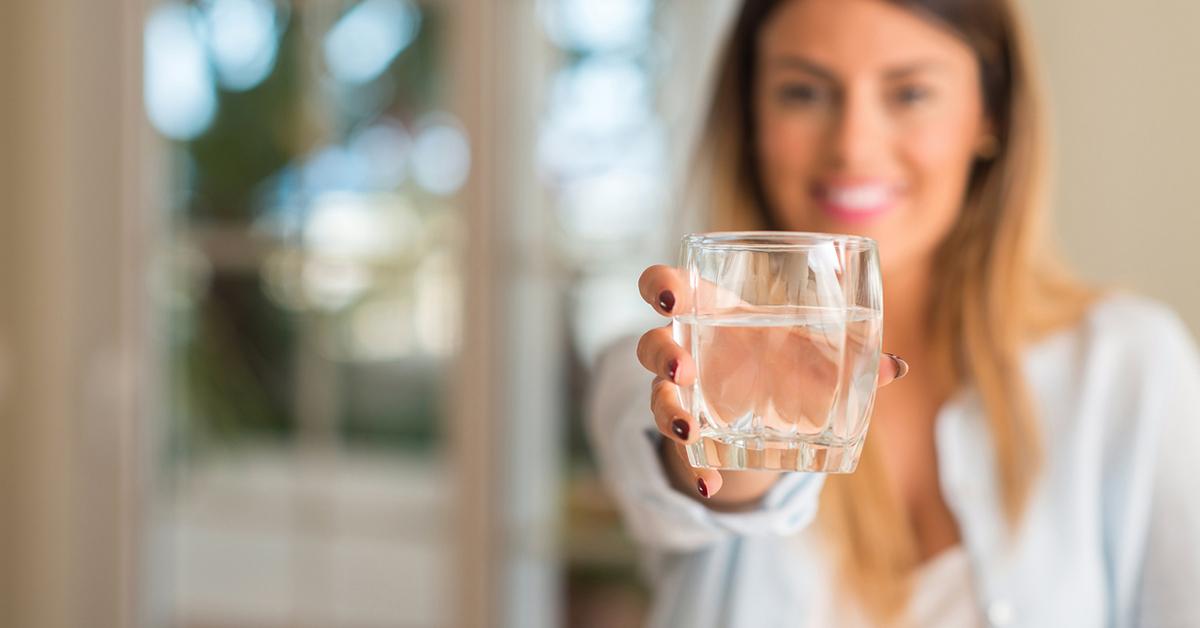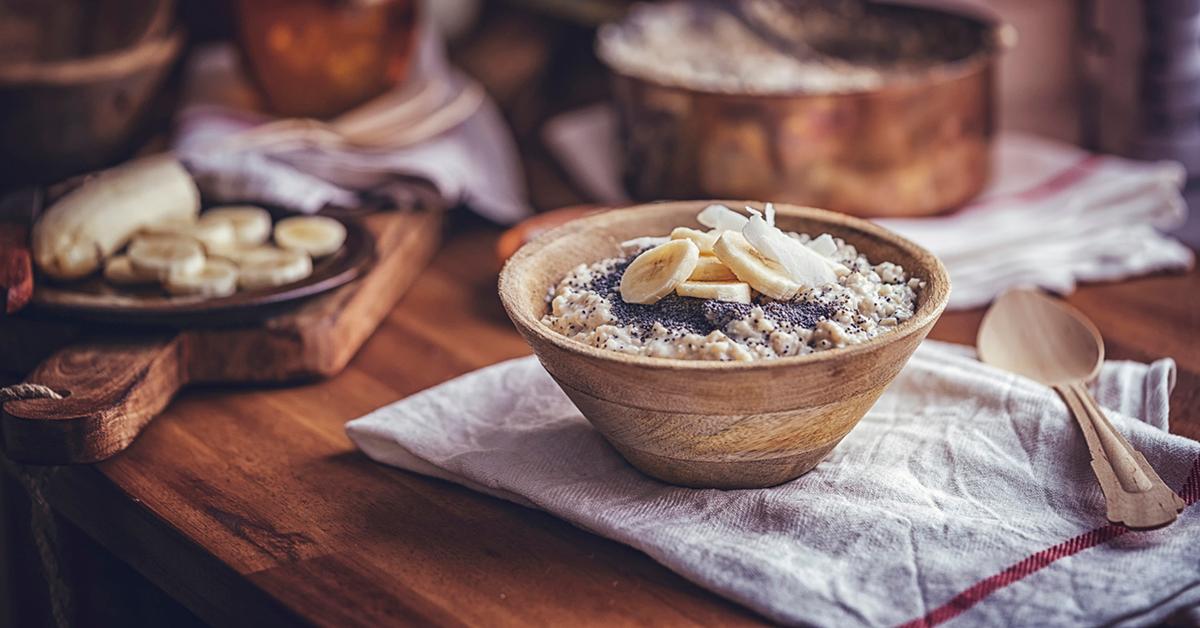These Are the Best Natural Remedies for Constipation
Even if you don’t suffer from chronic constipation, any symptoms of constipation — no matter how frequent or infrequent — can be debilitating and frustrating to deal with.
Updated Nov. 7 2019, 11:30 a.m. ET

Are you suffering from constipation? According to the Mayo Clinic, chronic constipation is infrequent bowel movements or difficulty passing stools for a period of several weeks. Even if you don’t suffer from chronic constipation, any symptoms of constipation — no matter how frequent or infrequent — can be debilitating and frustrating to deal with.
While the market is saturated with constipation medications, there are ways to heal your bowels naturally that are likely better for you in the long run and don’t require any intense medication.
Symptoms of Constipation

Constipation means difficulty passing stools and is generally categorized by having less than three bowel movements per week. However, constipation can also be accompanied by some other unpleasant symptoms.
Symptoms of constipation could include passing lumpy or hard stools, straining and pushing very hard while having a bowel movement, feeling like there’s a blockage during bowel movements, or feeling as if you can’t empty all the stool out of your rectum. Other symptoms could include bloating, pain, and passing gas.
If any of these symptoms sound familiar, you might be struggling with constipation. Keep reading for natural ways to remedy constipation.
Drink More Water

It sounds too simple to be true, but the amount of water you drink has a direct correlation to how easy or difficult it is to have a bowel movement. After all, dehydration is one of the causes of constipation. The more hydration you have in your body, the easier it is to pass a stool.
If you are suffering from symptoms of constipation, drinking water can help, but generally, drinking water is a prevention method. That’s because it hydrates the body and softens stool. However, studies show that if you’re already feeling constipated, drinking carbonated or sparkling water is more effective at softening stool, allowing it to pass more easily. Drinking carbonated water can also help people with Irritable Bowel Syndrome (IBS) mitigate their symptoms.
Eat Soluble Fiber

If you’ve suffered from constipation for a while, you may have heard that increasing your fiber intake could help. It’s true: Increasing the amount of soluble, non-fermentable fiber can aid by adding to a stool’s bulk and consistency, thus making it easier to pass. Insoluble fiber, however, has been known to exacerbate symptoms of constipation in many cases.
Where can you find soluble fiber? There are two main types of fiber, soluble and insoluble, and while both are beneficial, soluble fibers soften stools inside the body. Foods with soluble fiber include oat bran, nuts, seeds, beans, lentils, and peas.
For the best results, try to increase your fiber intake to at least 25 grams for women and 38 grams for men daily.
Exercise

Perhaps the most natural remedy of all is exercise. Exercise can sometimes help people who suffer from symptoms of constipation by getting things moving. Have you ever taken a walk and suddenly realized you had to go to the bathroom? Getting your body moving externally actually has the result of moving things internally, so don’t be surprised if during a walk, your bowels make it known that you’ve got to go.
Constipation can be tricky (and annoying!) to deal with but with natural remedies like exercise, drinking more water, and eating soluble fiber on the daily, you can manage your symptoms so that constipation doesn’t take over your life.